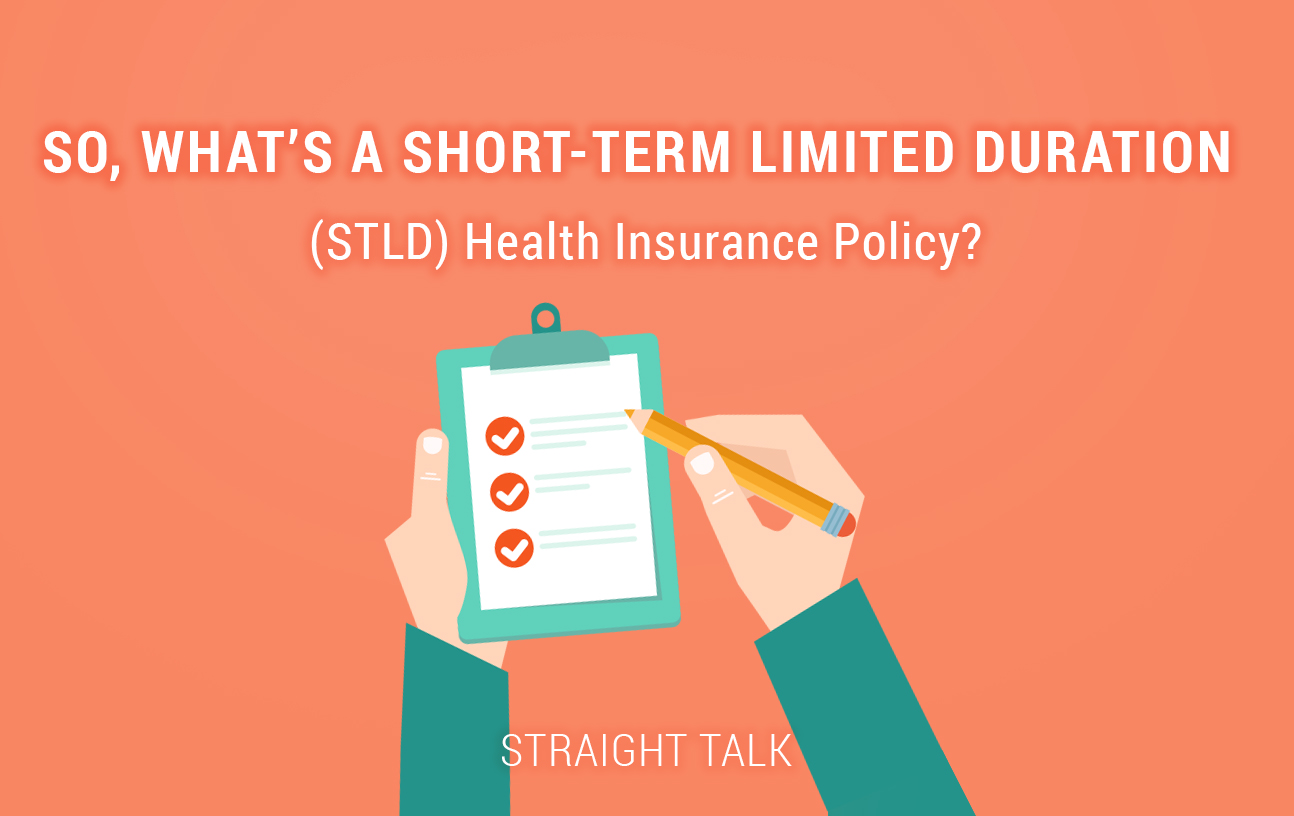A 401(k) loan is a tool you can utilize to take out money and after that repay it in regular installations. These loans are usually interest-free. When you pay interest on them, it goes right back into your savings account, prepared for you to gain access to in the future. The disadvantage is that you will lose out on the return that your borrowed funds could have produced, had you left them in your account. If you default on any impressive loans, the IRS may decide that they are not tax-deductible, increasing your earnings tax bill. Finding a second home is a challenge, especially if you intend on purchasing in an area you do not understand much about.
They will have the ability to give you all the information you need to make a sound decision. Invariably, you will deal with unforeseen additional costs when purchasing a second house or getaway home. Things like needing to remodel the residential or commercial property or paying a business to handle it when you're not there all eat into your returns. You may likewise need to pay extra insurance https://www.bintelligence.com/blog/2020/2/17/34-companies-named-2020-best-places-to-work expenses if you lease it out. Sadly, not everyone can pay for to purchase a second home upfront. The quantity that you can wesleyfinancialgroup borrow will depend upon how much of your after-tax earnings currently goes towards paying the home loan on your existing residential or commercial property.
Taxes on 2nd homes differ from those on primary houses. Again, this can eat into your returns and cause you financial headaches if you do not totally understand it. You can't, for instance, deduce second-mortgage interest from your gross income. When it comes to funding your second home, therefore, you have a lot of choices. So long as you have sufficient wealth currently, you can usually create substantial additional earnings from a 2nd property and enjoy it whenever you like. Related:.
If you choose to secure another home mortgage to pay for a second home, lenders will look carefully at your debt-to-income (DTI) ratio to figure out whether you can handle two home mortgage payments. A low DTI also works to your benefit since it assists you receive a lower rate of interest on the loan. For second homes, loan providers choose a DTI below 36%. If your DTI is high, you have several options. You can pay off more debt before buying another house, buy a more economical home or increase the amount of your down payment. Some lenders want a deposit of 10-20% on 2nd houses, potentially more if it's purely an financial investment residential or commercial property. Initially, build up all the expenses. Not simply the costs that go into the purchase, however the expenses that might not be immediately obvious. These include your down payment and monthly home mortgage payments, along with closing costs, utilities, real estate tax, insurance, landscaping, travel expenses and other maintenance. On your primary home mortgage, you might be able to put as low as 5% down, depending upon your credit history and other factors. On a second house, however, you will likely need to put down at least 10%. Because a 2nd home loan typically includes more financial pressure for a property buyer, lending institutions typically try to find a somewhat greater credit history on a 2nd home mortgage.
Otherwise, the process of obtaining a second home mortgage resembles that of a main house home loan. Similar to any loan, you should do your research, talk with numerous loan providers and choose the loan that works finest for you. Prior to you make an application for a 2nd house mortgage, examine your credit history, properties and income, much like a loan provider will. To purchase a second home, you'll likely need money in reserve that could cover your mortgage payments in case you have a momentary loss of earnings. Well-qualified people most likely need at least 2 months of reserves, while less-qualified applicants may require a minimum of six months of reserves.

Debt-to-income (DTI) requirements for a second home mortgage may depend upon your credit report and the size of your deposit. Typically speaking, the more you put down and the higher your credit rating, the more likely your lending institution will enable a higher DTI. Some homeowners may choose to offset their expenses by leasing their trip houses when they're not using them. Doing this could break your home mortgage terms since you are utilizing the property as a financial investment instead of a real 2nd house, resulting in greater risk to the lender. To certify as a trip or 2nd house, the residential or commercial property must: Be resided in by the owner for some part of the year Be a one-unit house that can be utilized year-round Belong only to the purchaser Not be rented, or run by a management firm You have a couple of alternatives to consider when making https://apnews.com/Globe%20Newswire/8d0135af22945c7a74748d708ee730c1 a deposit on your 2nd home.

If you have actually built up enough equity in your main house, a cash-out refinance permits you to use that equity, especially if your house has increased in worth given that you bought it. Borrowers with excellent credit can usually obtain up to 80% of their house's existing worth (What does leverage mean in finance). Before you go this direction, make sure you can manage the larger regular monthly payment you'll now owe on your main home. A HELOC, or home equity credit line, on your primary home is another popular option. If you have enough equity in your primary home, you can take out a credit line and utilize those funds to make a down payment on your 2nd property.
How Long Can I Finance A Used Car Fundamentals Explained
Buying a second house might seem difficult, but if you understand what to expect and review your finances, it could be easier than you believe (How long can i finance a used car). Keep these aspects in mind as you think of whether you can pay for a 2nd home, and how to get a home loan for it.